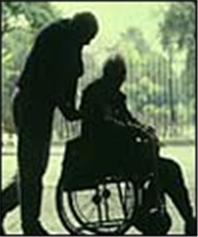Too few cancer patients receive care for debilitating fatigue that can last for months or even years after treatment. Fatigue is a factor that not only significantly diminishes quality of life but is also associated with reduced survival. A study included 160 lung, breast, colon and prostate cancer patients who had moderate to severe fatigue. They were asked if their oncology teams had mentioned any of the cancer fatigue treatments recommended such as counselling, medications and getting more exercise. Only 10 percent of patients said they were told to get more exercise or to try other non-medication ways of reducing fatigue. More than 35 percent of the patients were offered sleep medications, even though drugs have been shown to be the least effective way to treat fatigue in cancer patients. The researchers also found that the type of cancer was a factor in whether patients received treatment for fatigue. Only 15 percent of colon cancer patients and 17 percent of prostate cancer patients received treatment for fatigue, while 48 percent of breast cancer patients were told about counselling. The vast majority of patients were not engaging in behavioural practices that could reduce fatigue and potentially enhance quality of life. Almost a third reported napping during the day, which can actually worsen fatigue. There is a need for specialists who focus on helping cancer patient’s deal with issues such as fatigue, depression and pain.
Soul destroying chronic fatigue, must obviously result in shorter survival stats, so surely those in power can’t continue to ignore something so demoralising and outright destructive.
Any thoughts experience or opinions, should this be pursued?
Should or could Roy Castle get behind it and start up a campaign.
